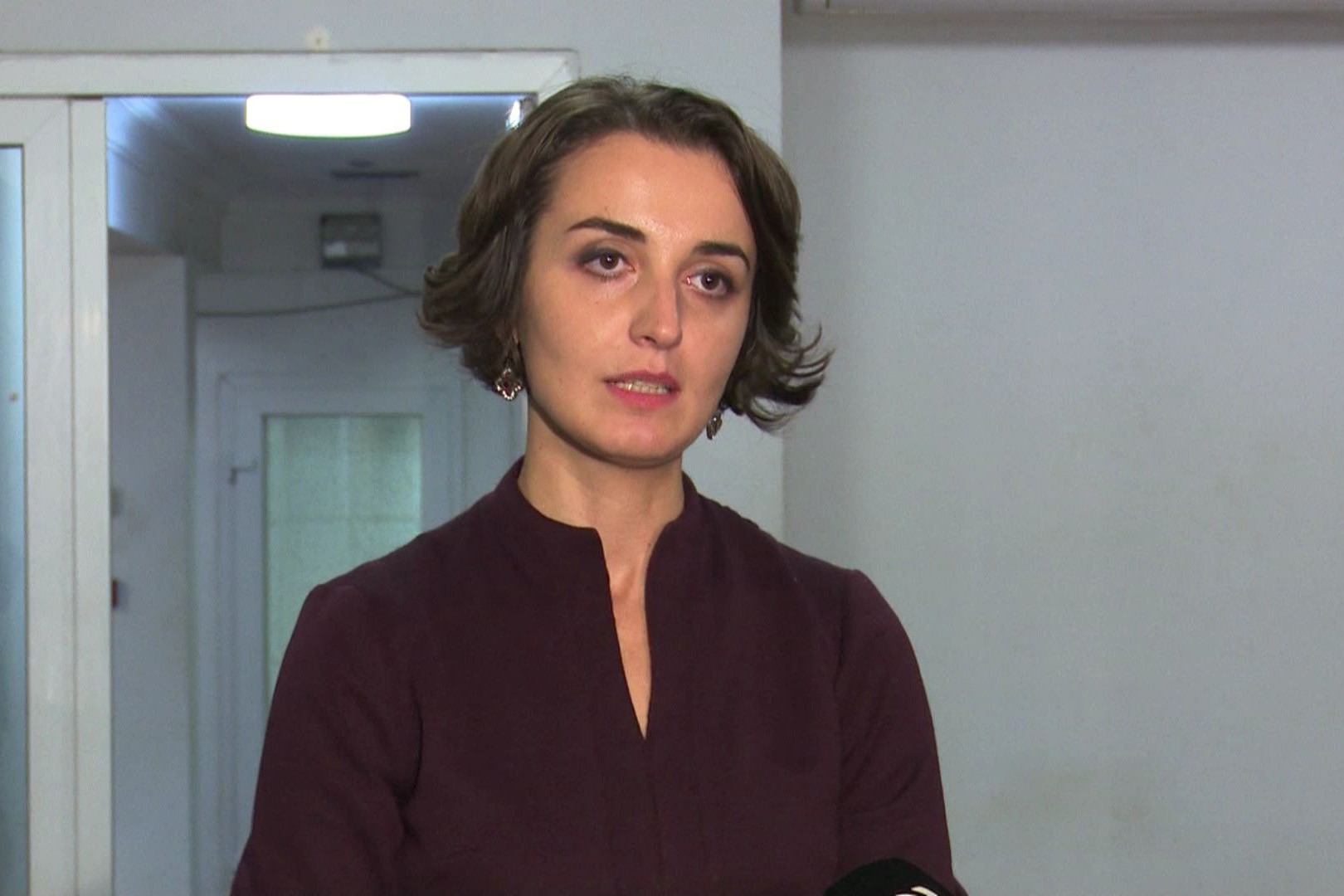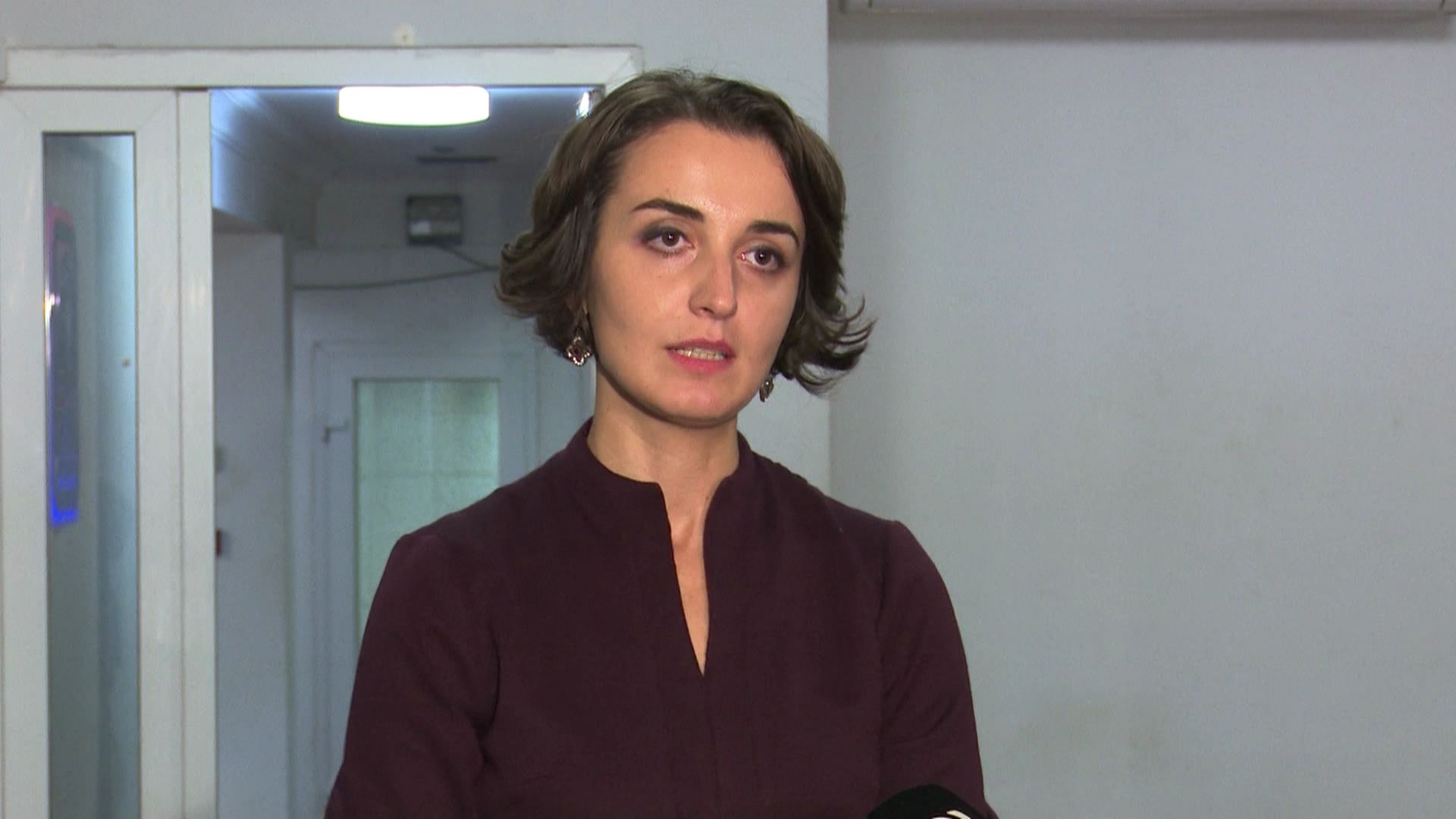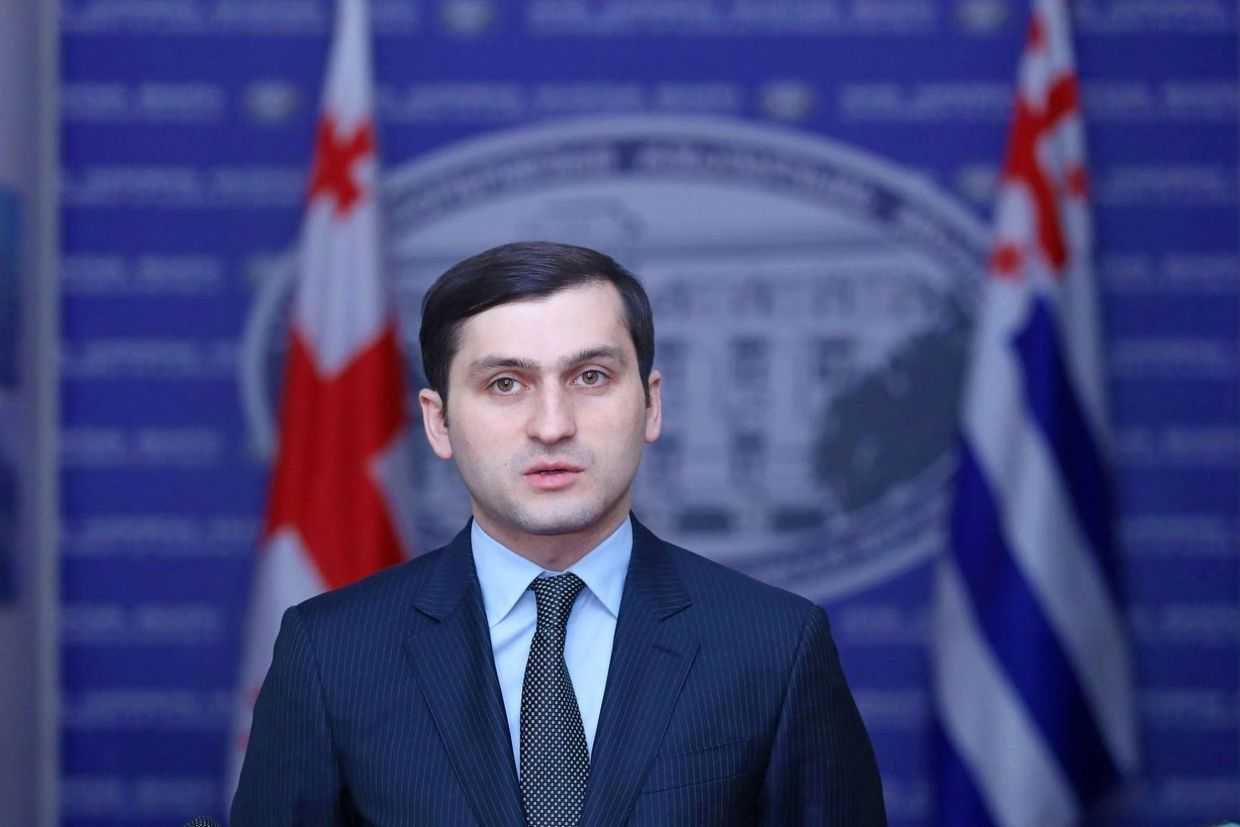

Natia Kapanadze has been dismissed from her position as director of Adjara TV, a public broadcaster in the Autonomous Republic of Adjara, after four out of five members of the channel’s Advisory Board passed a motion of no confidence against her. Kapanadze has pledged to appeal the board’s decision in court.
Kapanadze had held the position since 2016; her term as director was set to expire in eight months. Deputy director Natia Zoidze will take over as acting director until the board decides how to fill the position.
After initial demands from two board members that Kapanadze be removed, NGOs and opposition parties expressed fears that her dismissal would put media freedom at risk.
On 18 April, Carl Hartzell, the EU Ambassador in Georgia, said that they would closely follow the developments in Adjara TV.
Harlem Désir, the OSCE Representative on Freedom of the Media tweeted that he was also following the developments.
I follow developments surrounding a complaint against Ms. Natia Kapanadze, Director of public broadcaster Adjara TV and Radio in #Georgia. I hope that the broadcaster will continue to fulfil its important public service mandate, and that its independence will be maintained.
— OSCE media freedom (@OSCE_RFoM) April 18, 2019
In a statement on 18 April, the US Embassy in Georgia said they were ‘following the developments around the broadcaster and its general director, Natia Kapanadze. We hope the outlet and its leadership will continue to play a positive role in the development of independent media in Georgia’.
Despite positive assessments in reports from both local and international watchdogs on the channel’s balanced coverage, the two board members requested that she step down because ‘the channel’s ratings are low, priorities are not fulfilled, and other formal matters are not resolved’.
Members of the board are selected by Adjara’s legislative body, the Supreme Council, with the ruling and opposition parties each nominating potential members.
Giorgi Chkhartishvili, one of the board members who voted for Kapanadze’s removal said that freedom of speech at Adjara TV was not in danger as it had ‘not started with one particular person’s leadership’. He said that the guarantor of free speech was the board.
He named several reasons why the board decided to remove her, including unfulfilled priorities, the board’s difficulty in communicating with her, and ‘the ratings, which have halved since 2016’.
The consent of at least three of the board’s five members is necessary to impeach the director.
Following Georgia’s 2018 presidential elections, the OSCE/ODIHR monitoring mission published a report where it cited Adjara TV as ‘the only TV station that offered viewers a general comparison of contestant platforms’.
‘Editorial policy in danger’
Proceedings to remove Kapanadze were initiated by two members of the advisory board, Chkhartishvili, who was endorsed by the ruling Georgian Dream party, and Irakli Darsmelidze, who was endorsed by the opposition United National Movement.
The two addressed the board on 11 April with a 15-page document describing why Kapanadze should step down.
The same day, the administration of Adjara TV issued a statement in which it called on the board to treat the issue with caution ‘as the matter concerned free speech and the independence of Adjara TV and Radio’.
‘The ongoing processes are in opposition to the editorial independence of the Public Broadcaster Adjara TV and Radio and the whole idea of a public broadcaster’, the administration’s statement said, adding that the channel had managed to create a broadcaster free from political and commercial influence.
After six political parties, including UNM and European Georgia, made a joint statement calling on the board not to let the government intervene in the channel’s affairs, Chkhartishvili said that he did not have to consult with any political party regarding his decisions as he did not feel he was accountable to the ruling Georgian Dream Party.
‘I was surprised to hear the comments of some of Adjara TV’s employees that the channel’s editorial policy was in danger. I don’t know why they think this way. I will fight till the end to protect its editorial independence’, Chkhartishvili said.
[Learn more about why board members demanded her removal: Calls to impeach Adjara TV head raise concerns about media freedom in Georgia]








